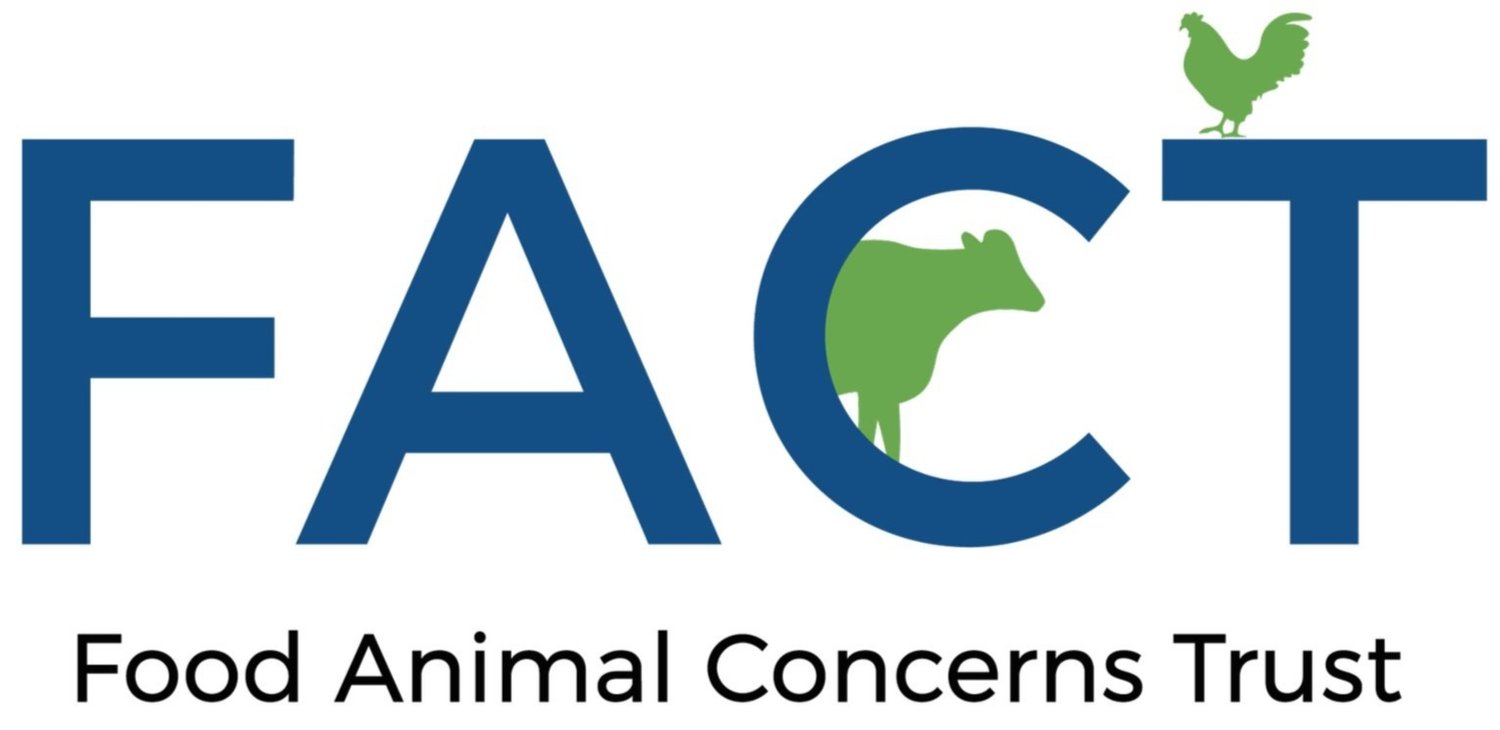
Superbugs
Leading the charge against antibiotic overuse
What is the issue?
Antibiotic resistance is a serious and growing problem in the United States, caused by overuse of antibiotics in both human medicine and agriculture. In November 2019, the Centers for Disease Control and Prevention (CDC) reported there are at least 2.8 million serious, antibiotic-resistant infections in the United States that result in more than 35,000 deaths annually—prompting concern that we are on the verge of a “post-antibiotic era.”
How does antibiotic resistance emerge?
An estimated 2/3 percent of all “medically important antibiotics” are sold for use on farm animals—not only to treat disease but also to compensate for crowded, stressful, and unhealthy conditions. (An antibiotic is medically important if it is used in human medicine or is closely related to a human drug.) Farms switch baby pigs from milk too soon and use antibiotics to control the stomach bugs that inevitably occur. Feedlots give cattle unnatural grain-based diets instead of grass and use daily doses of antibiotics to control the liver and foot infections that these diets cause.
The overuse of antibiotics leads to the emergence of bacteria that can resist the effects of antibiotics. These antibiotic-resistant superbugs then cause hard-to-treat infections in people and animals. See our superbug graphic.
It’s more about economics than about the health of either the animals or people. And U.S. farms use antibiotics much more intensively than farms in other major livestock-producing countries.
Why should we care?
The end result of all this overuse is antibiotic resistance: the spread of strains of bacteria (superbugs) that are no longer affected by these drugs. As resistance becomes more common, infections become much more difficult to treat. Ultimately, more people die.
Without a serious change of course, untreatable bacterial infections may once again be a regular part of life. For this reason, it is absolutely necessary that we protect and preserve the antibiotics we now have—not just for us, but also for future generations.
What is FACT doing to stop superbugs?
We lead and staff Keep Antibiotics Working (KAW), a coalition of 19 organizations calling for changes in how antibiotics are used on farms. Along with eliminating the overuse of antibiotics, KAW’s major goal has been to influence policy and improve data collection by federal agencies on both antibiotic-resistant superbugs and on antibiotic use on farms. Read FACT’s two most recent letters to the FDA Commissioner urging FDA leadership in addressing the public health crisis of antibiotic resistance. One is signed by 45 organizations and another from medical professionals across the country.
You can also see FACT’s latest comments submitted to the FDA on their proposed framework for collecting on-farm antibiotic use data.
FACT and partner organizations also work on corporate campaigns to urge fast food restaurants and grocers to adopt policies on the responsible use of antibiotics. Check out our reports here.
The Future of Antibiotics Depends on Farmers
“Antibiotic drugs are one of the most important tools of modern medicine for people and animals. When my father was born in the 1930s, these drugs did not exist and bacterial infections were frequently fatal. When I was born in the 1960s, antibiotic use in humans and animals had become routine. Antibiotics were inexpensive, worked well when needed, and were believed to have few side effects. This led to massive overuse. Antibiotics were given for viral infections in humans even though they provided no benefit. Farms became dependent on antibiotics to lower costs by allowing unhealthy practices such as crowding, weaning too early, and inappropriate diets. This massive overuse leads to antibiotic resistance with the end result that bacterial infections are once again becoming frequently fatal as too often antibiotics no longer work.” —Steven Roach, FACT's Safe and Healthy Food Program Director








